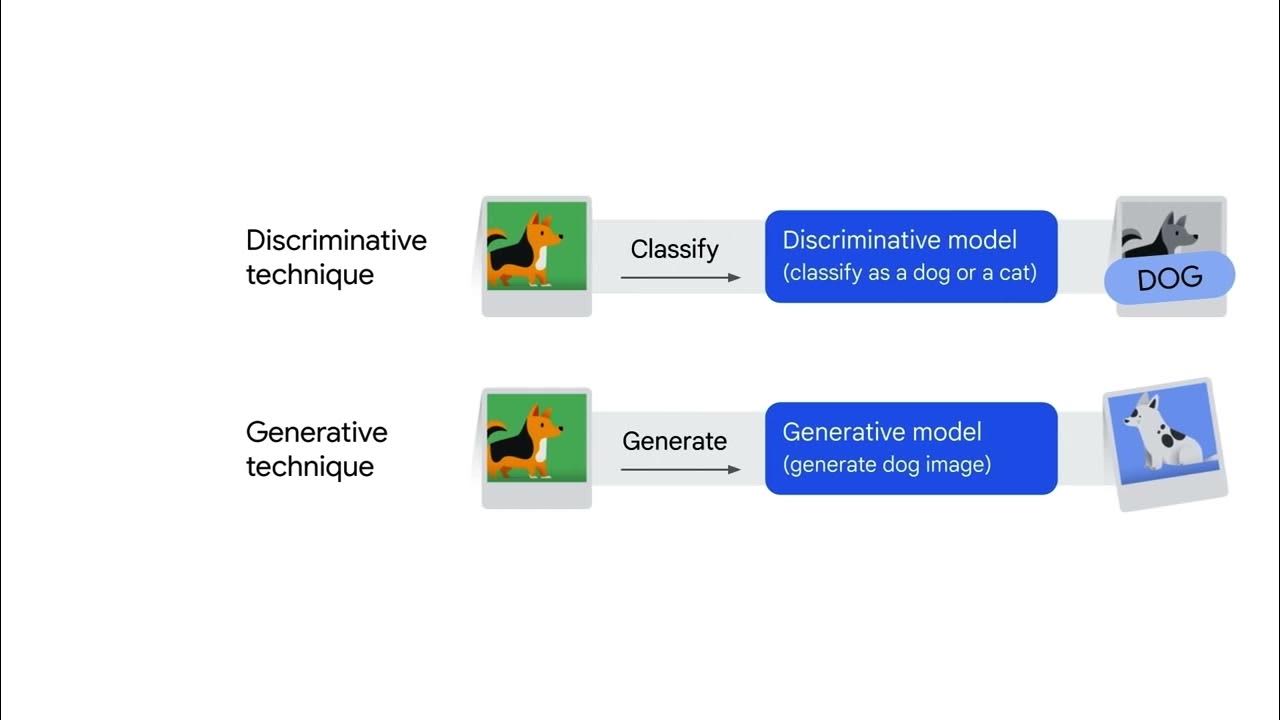The 5 Biggest Artificial Intelligence (AI) Trends In 2023 Everyone Must Get Ready For Now
Summary
TLDRIn 2023, key trends in artificial intelligence include the democratization of AI through user-friendly applications, the rise of generative AI for creative tasks, and a focus on ethical and explainable AI practices. Organizations are increasingly adopting AI across various functions, leading to shifts in job roles and required skills. Additionally, sustainability in AI is becoming crucial due to the significant energy consumption associated with training AI models, prompting a move towards more efficient algorithms and renewable energy sources. Overall, these trends highlight the transformative impact of AI on businesses and the importance of responsible use.
Takeaways
- 📱 AI democratization is accelerating through user-friendly apps and AI-as-a-service models, making AI accessible for businesses of all sizes.
- 🚀 The rise of generative AI platforms, like GPT-3 and DALL-E 2, is transforming creativity, enabling users to generate content and images easily.
- 🤖 Organizations are increasingly leveraging generative AI to enhance business processes and develop innovative products and services.
- ⚖️ Ethical considerations in AI are gaining traction, with companies hiring AI ethicists and implementing codes of conduct for responsible AI usage.
- 🔍 There is a strong push for explainable AI, ensuring transparency in decision-making and fostering trust in AI systems.
- 💼 The integration of AI across job roles necessitates a reevaluation of skill requirements, with workers needing to adapt to new workflows.
- 🧠 Employees must carefully assess which tasks can be delegated to AI to maximize efficiency while focusing on uniquely human skills.
- 🌍 Sustainability in AI is becoming crucial due to the high energy consumption associated with training AI models, necessitating more efficient practices.
- 🔋 The shift towards using renewable energy in data centers is essential to reduce the environmental impact of AI technologies.
- 🌟 Overall, AI should be harnessed to address significant global challenges rather than solely driving profit, emphasizing its potential for positive change.
Q & A
What is the primary focus of the speaker's annual analysis of AI trends?
-The speaker aims to help leaders and decision-makers understand where to focus their attention in the rapidly evolving field of artificial intelligence, looking ahead not only for the next year but also for 10 to 20 years.
How is AI being democratized according to the script?
-AI is being democratized through its integration into various applications, particularly in marketing and supply chain management, as well as the emergence of low-code and no-code environments that enable non-technical users to create AI-driven applications.
What role do generative AI platforms play in business processes?
-Generative AI platforms, like GPT-3 and DALL-E 2, are being used to automate mundane tasks and enhance creativity, enabling organizations to improve business processes and generate new products and services.
What ethical considerations are becoming more prominent in AI development?
-There is a growing emphasis on fairness, ethics, and explainability in AI. Companies are incorporating AI ethicists into their teams and establishing codes of conduct to ensure transparency and accountability in AI decision-making.
How will job roles change with the increasing adoption of AI?
-Job roles will evolve as AI augments human capabilities, requiring employees to identify which tasks can be automated and adapt their skills accordingly. Organizations need to design job roles that leverage both human and machine strengths.
What is the environmental impact of AI mentioned in the transcript?
-The transcript highlights that training deep learning algorithms consumes significant energy, contributing to CO2 emissions. Many organizations may not realize the extent of energy consumption occurring in their data centers.
What measures are being taken to address the sustainability of AI?
-Efforts are underway to improve the energy efficiency of AI training processes and data centers, as well as to use renewable energy sources to mitigate the environmental impact of AI.
How does the speaker suggest organizations can use AI responsibly?
-Organizations are encouraged to use AI not only to drive profit but also to address significant global challenges, ensuring that AI capabilities are harnessed for positive societal impact.
What resources does the speaker recommend for further exploration of AI trends?
-The speaker suggests subscribing to their channel, listening to their podcast, and reading their books, 'Business Trends in Practice' and 'AI in Practice,' for more detailed insights into these trends.
What is the overall message conveyed about the future of AI in 2023?
-The overall message is that AI will increasingly integrate into various aspects of business and society, necessitating ethical considerations, sustainability, and the adaptation of job roles to leverage AI's full potential.
Outlines

此内容仅限付费用户访问。 请升级后访问。
立即升级Mindmap

此内容仅限付费用户访问。 请升级后访问。
立即升级Keywords

此内容仅限付费用户访问。 请升级后访问。
立即升级Highlights

此内容仅限付费用户访问。 请升级后访问。
立即升级Transcripts

此内容仅限付费用户访问。 请升级后访问。
立即升级5.0 / 5 (0 votes)






